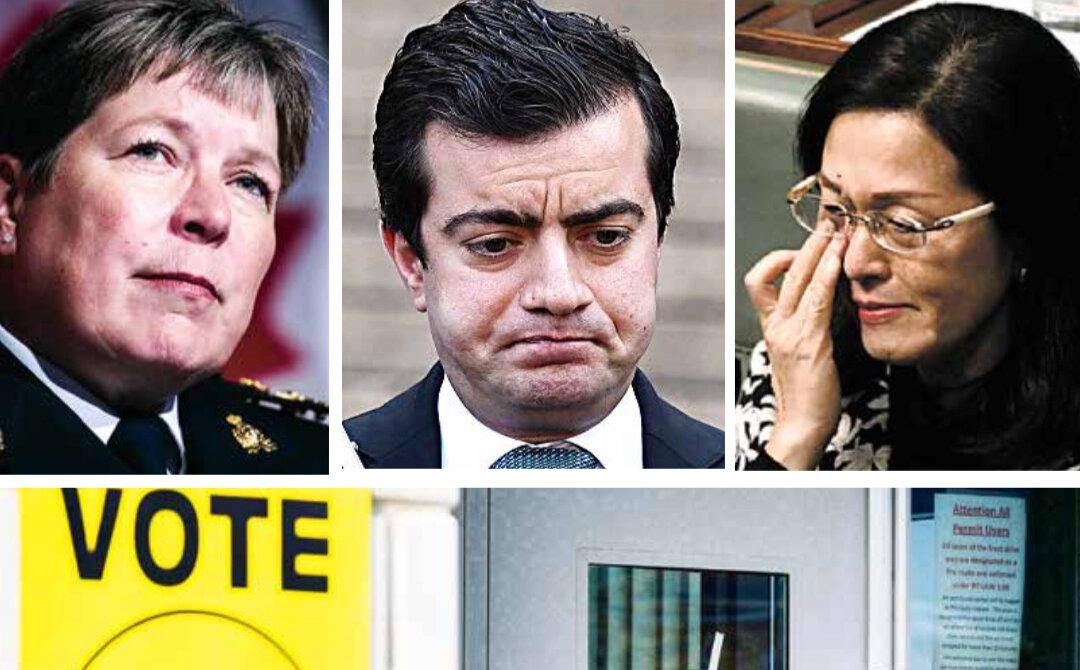News Analysis
For a time, the once up-and-coming Australian politician Sam Dastyari became the poster boy for everything wrong with his country’s lax attitude in the face of ever-deepening foreign interference risks.

For a time, the once up-and-coming Australian politician Sam Dastyari became the poster boy for everything wrong with his country’s lax attitude in the face of ever-deepening foreign interference risks.